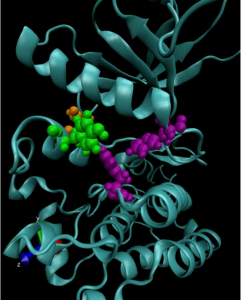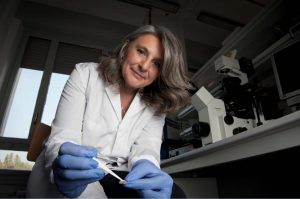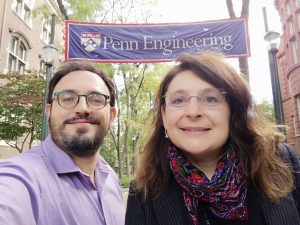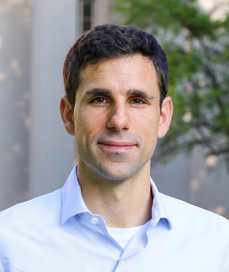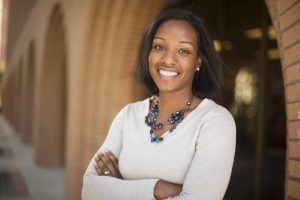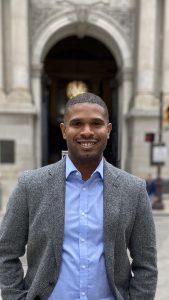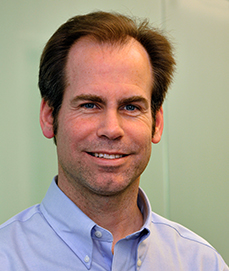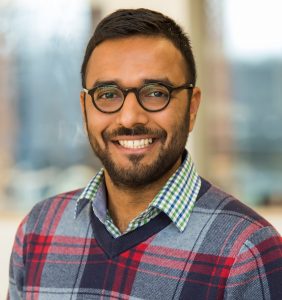
The Department of Bioengineering is proud to congratulate Yogesh Goyal on his appointment as Assistant Professor in the Department of Cell and Developmental Biology (CDB) in the Feinberg School of Medicine at Northwestern University. His lab will be housed within the Center for Synthetic Biology. His appointment will begin in Spring 2022.
Yogesh grew up in Chopra Bazar, a small rural settlement in Jammu and Kashmir, India. He received his undergraduate degree in Chemical Engineering from the Indian Institute of Technology Gandhinagar. Yogesh joined Princeton University for his Ph.D. in Chemical and Biological Engineering, jointly mentored by Professors Stanislav Shvartsman and Gertrud Schüpbach. Yogesh is currently a Jane Coffin Childs Postdoctoral Fellow in the lab of Arjun Raj, Professor in Bioengineering and Genetics at Penn.
“I am so excited for Yogesh beginning his faculty career,” Raj says. “He is a wonderful scientist with a sense of aesthetics. His work is simultaneously significant and elegant, a powerful combination.”
With a unique background in engineering, developmental biology, biophysical modeling, and single-cell biology, Yogesh develops quantitative approaches to problems in developmental biology and cancer drug resistance. As a postdoc, Yogesh developed theoretical and experimental lineage tracing approaches to study how non-genetic fluctuations may arise within genetically identical cancer cells and how these fluctuations affect the outcomes upon exposure to targeted therapy drugs. The Goyal Lab at Northwestern will “combine novel experimental, computational, and theoretical frameworks to monitor, perturb, model, and ultimately control single-cell variabilities and emergent fate choices in development and disease, including cancer and developmental disorders.”
“I am excited to start a new chapter in my academic career at Northwestern University,” Goyal says. “I am grateful for my time at Penn Bioengineering, and I thank my mentor Arjun Raj and the rest of the lab members for making this time intellectually and personally stimulating.”
Congratulations to Dr. Goyal from everyone at Penn Bioengineering!

